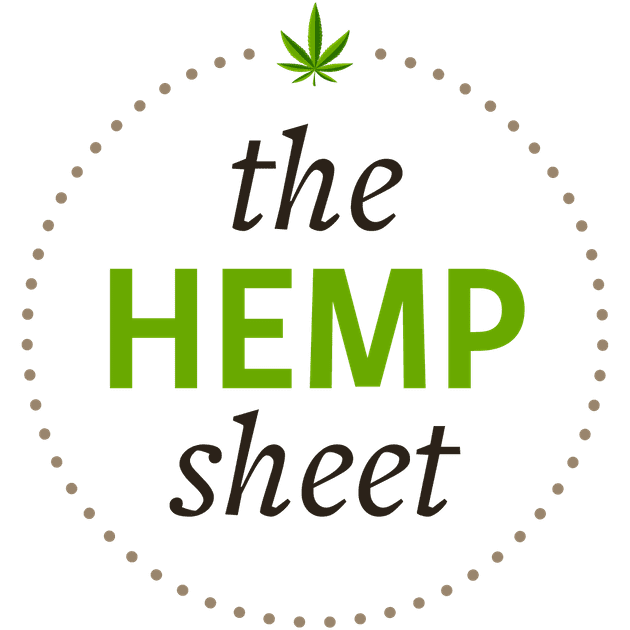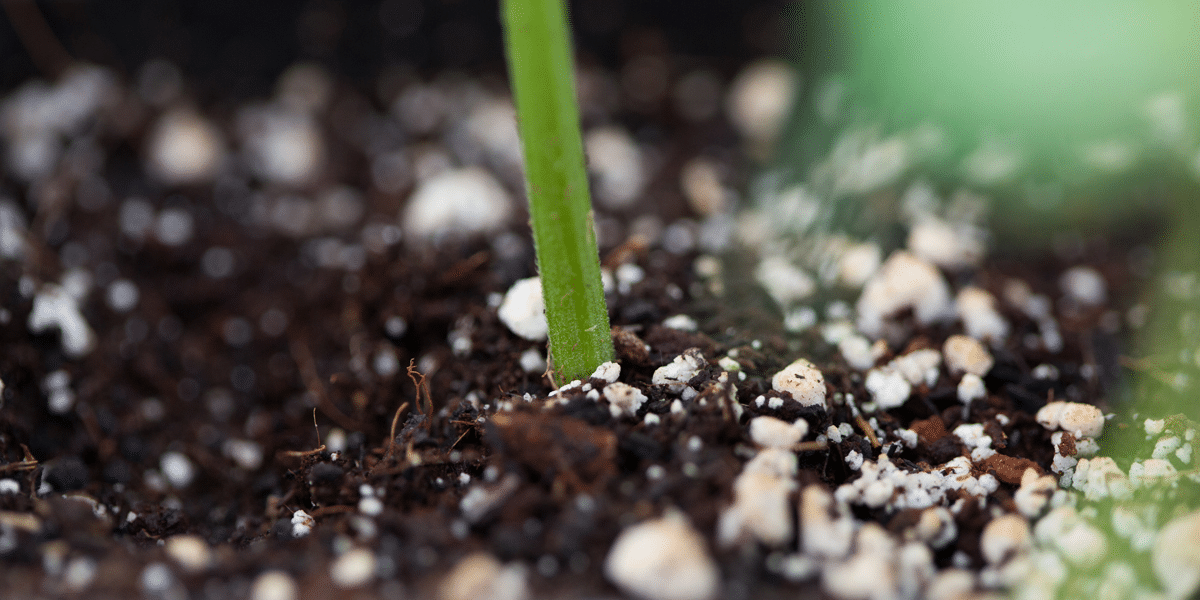Tiny infants with inoperable disease are recovering with THC therapy .. tiny people with zero immune system ... you'd think that right away using phytocananbinoids in hundreds of mg used intravenously would hram them from the start as there is no immune system to handle anything foreign that could possiblty harm them ... this is the norm in places like Israel to use phytocannabinoids on any sized people with no immune response whatsoever ... the added plasticity of metabolizing those plant ligands is the meds... more cellular plasticity , and learning , adaptation all of it .... immune boosters it seems as they help the endocananbinid system down regulate itself with those plant structures .
this is where I'm at now ... I'm done asking ... the research is there and the fact that dying infatns are being brought back to life with cannabis therapies is all I need to know...
That can all be true, without meaning that there are no potential hazards to use/overuse of certain cannabinoids.
People are given many drugs with work wonders for them, but that doesn't mean that those druge are competely safe. Sometimes, they can be safe for one person and dangerous for another, and other times, they can be safe for most people at low doses, but once you reach a certain dose, they start to have negative effects.
A big problem in the Cannabis community is the tendency to fall prey to the following biases:
1. Cognitive Dissonance:
"the state of having inconsistent thoughts, beliefs, or attitudes, especially as relating to behavioral decisions and attitude change."
-When faced with information that causes someone's beliefs to contradict their actions (readin that THC can have some negative effects, while also consuing a large amountof THC on a daily basis) can cause them to change either their belief or their action, sothat the contradiction and uncomfortable feeling that comes with it can be relieved.
2. Confirmation Bias: :
"the tendency to interpret new evidence as confirmation of one's existing beliefs or theories"
-People also tend to look for new information that supports their existing belief, more than information that is unbiased or even opposing.
-When searching about THC's effects on the brain, "THC Brain Effects" is a better search option than "Is THC safe for the brain". The former will show articles relating to THC, the Brain, and Effects. The latter will show articles that likely contain the word "safe", which will skew your results.
3. The Black & White Fallacy / The False Dillema:
"...a statement
falsely claims or assumes an "either/or" situation, when in fact there is at least one additional logically valid option."
A lot of people answer the "is Cannabis use potentially harmful" question, with "nobody has died from Cannabis use", which assumes, incorrectly, that death is the only possible harm. It splits human health into life vs death, and ignores what's in between.






